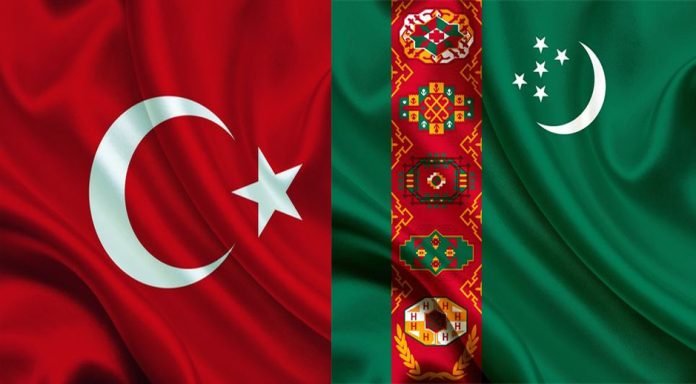Thirty-three nongovernmental organizations in a joint statement on Tuesday called on the Turkish government to uphold its international legal obligations and ensure the protection of the rights and freedoms of Turkmen nationals residing in Turkey from the threats of Turkmen authorities.
The statement, published by Human Rights Watch (HRW), said officials in Turkmenistan’s consulates, in violation of Turkmen law, have refused to renew and replace Turkmen citizens’ passports, in an attempt to force Turkmen residents to return to Turkmenistan to renew their Turkmen identity documents.
“As a result of this refusal, many Turkmen migrants cannot conform to migration laws of the countries where they reside, including Turkey,” the statement said.
This has left many Turkmen migrants with expired passports in a vulnerable position as they cannot exercise their rights to employment, education, health care and freedom of movement. Moreover, they are unable to register marriages, births and other civil acts.
The statement added that while Turkish migration authorities had not penalized Turkmen migrants in the past, in the course of preparations for the meeting of the Cooperation Council of Turkic Speaking States, scheduled for November 12 in İstanbul, there has been an increasing number of reports of arbitrary detention of Turkmen civil activists by the Turkish police, their placement in deportation facilities and threats of their immediate deportation to Turkmenistan.
According to experts, the Turkmen government is trying to end its nationals’ civic activities abroad. Turkish authorities are responding to Turkmenistan’s requests in an attempt to convince them to join the council.
The rights groups urged the international community to take into account Turkmenistan’s history of severely punishing critics, closely monitor this worrying situation and assist in resolving it.
Victims have alleged that when detaining them, Turkish police refer to a list of 25 individuals that was allegedly handed over to them by the Turkmen Consulate with a request for their detention and deportation. However, neither the detainees nor their lawyers has been able to see the list.
The NGOs emphasized that Turkmenistan has been filing false and arbitrary complaints against Turkmen migrants, causing their deportation.
Akhmed Rakhmanov, 47, was sent to a deportation center after he applied for the extension of his residence permit on October 18. Rakhmanov was the administrator of an online chat group for a Turkmen political opposition group-in-exile. He had repeatedly criticized the Turkmenistan government on social media. On October 22, he went on a hunger strike in the Tuzla deportation facility.
Kamil Abulov was taken from his apartment in Istanbul on October 19. Turkish authorities told his wife that he had been detained based on a list provided by the Turkmen government. Abulov was placed in the Tuzla deportation center and was released after HRW’s appeal.
These are only two examples of the Turkmen government’s acts of repression in Turkey, as many more have been detained or sent to deportation centers in the past few months.
“In addition, there are numerous alarming reports that Turkmen nationals – supporters of [Gurbanguly] Berdymukhammedov’s government – regularly attack Turkmen civil activists in Turkey and threaten reprisals against them and their family members. The complaints that these activists have filed with Turkish law enforcement and judicial authorities did not result in effective investigations or prosecutions, which contributes to impunity and new assaults,” the statement said.
In an interview with Stockholm Center for Freedom (SCF), transnational repression expert Dr. Edward Lemon said Turkey was becoming an important site for transnational repression by authoritarian regimes. He said the Turkish government wanted to have positive relationships with authoritarian regimes, and play a bridging role between the West and states like China and Russia. Therefore, it responds to their requests to detain and deport government critics.















